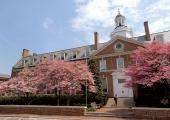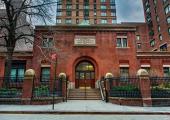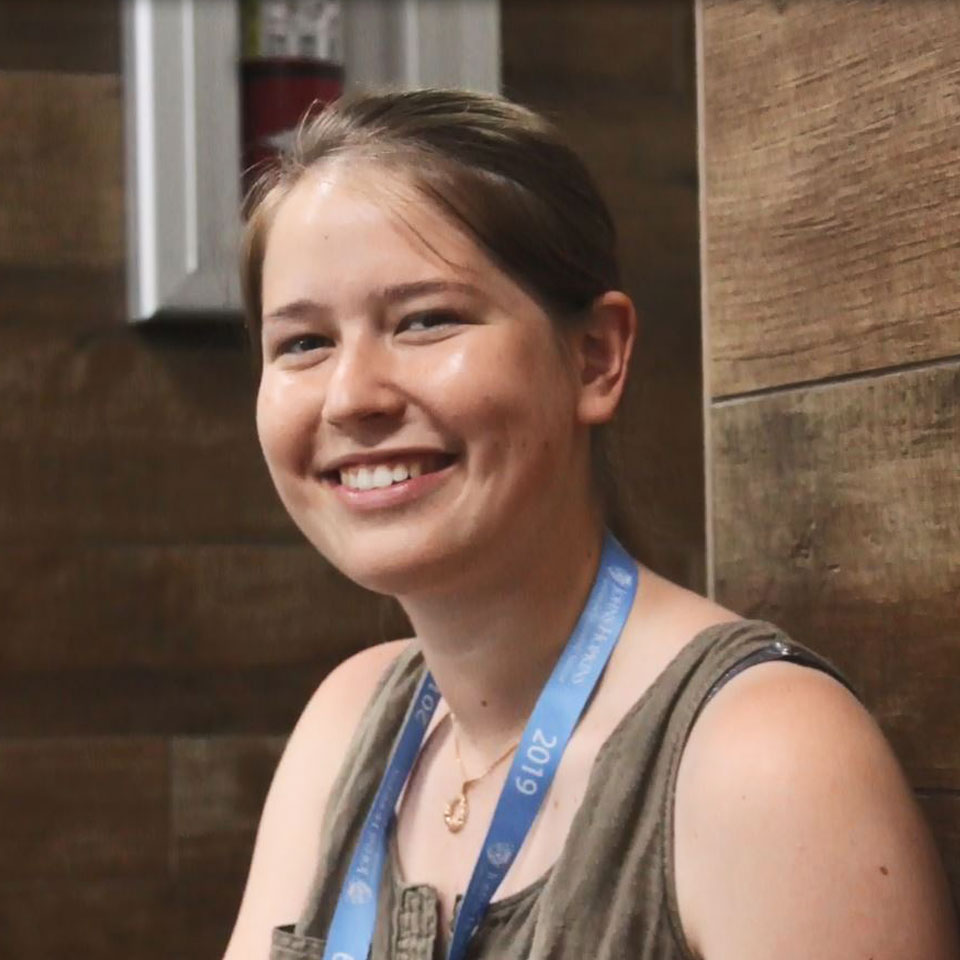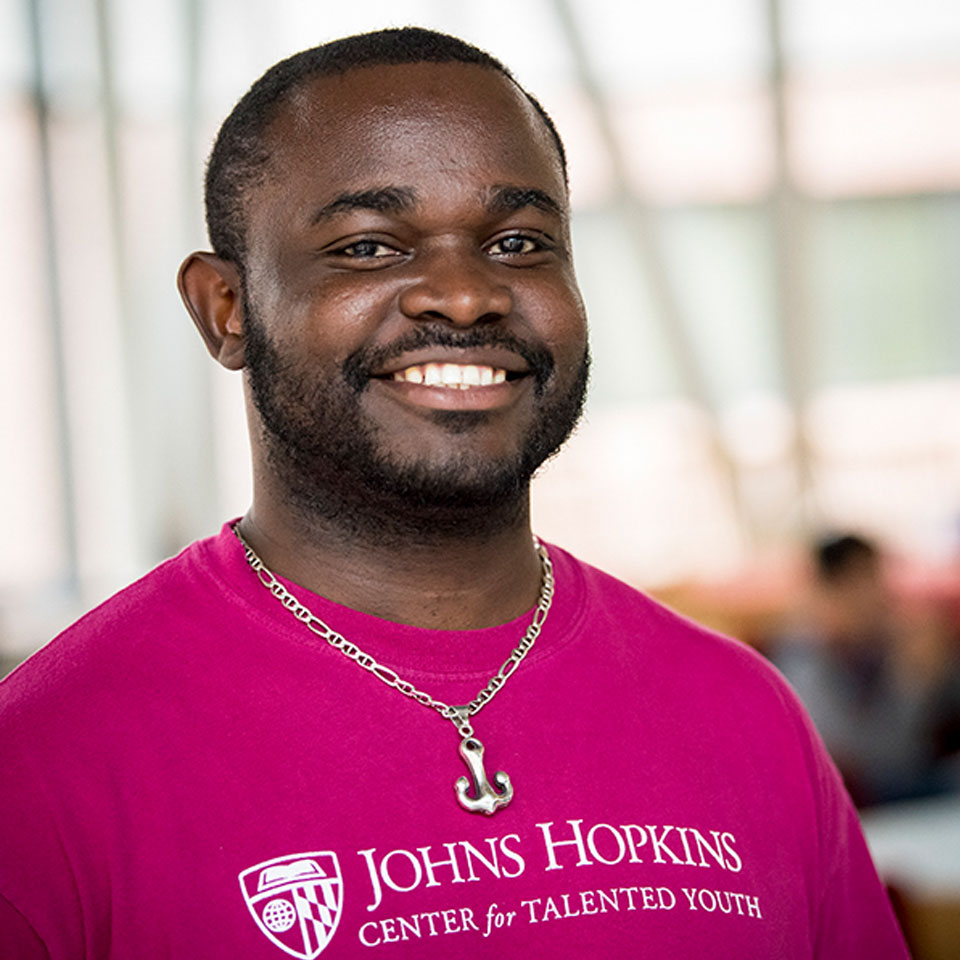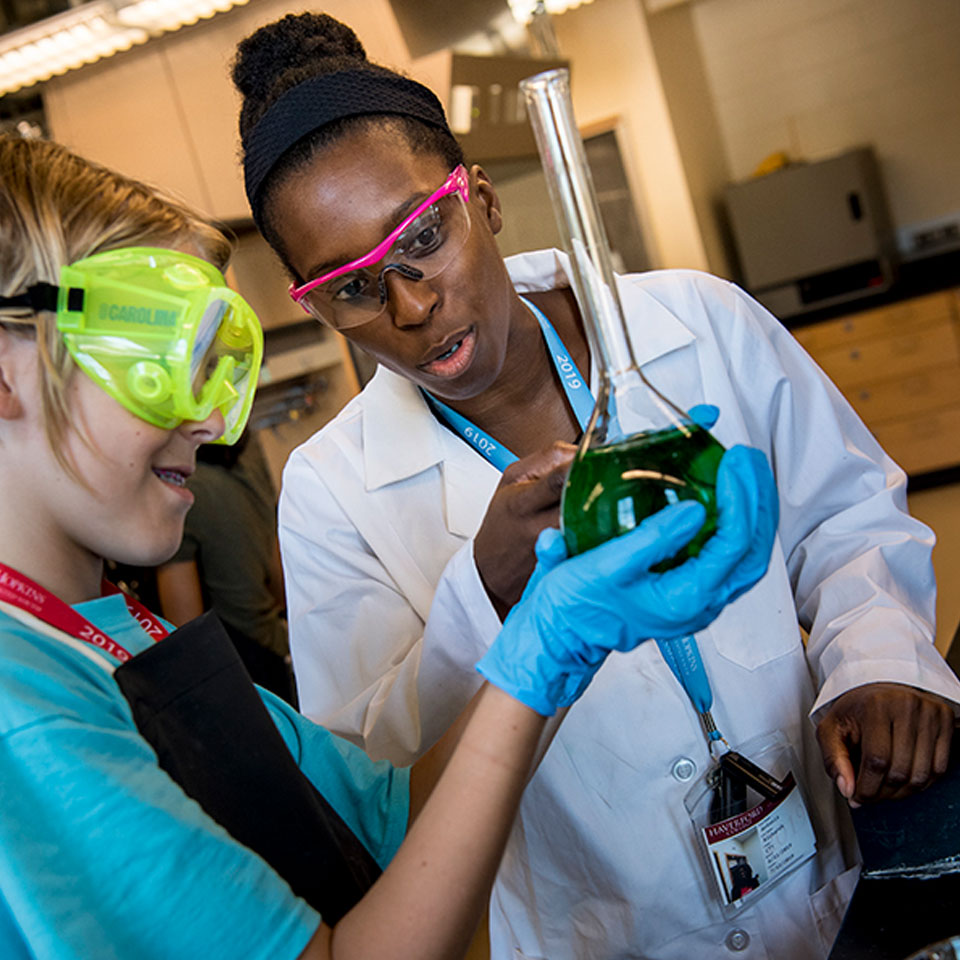Breadcrumbs
Cloudy with a Chance of a Science
- Grades 2-3
- CTY-Level
-
Day
- Science and Engineering
Would a boat made of bread and peanut butter actually float? Could one tree be recycled into sweaters and bicycle seat covers? Could a pancake as big as a city block flatten a school? Children’s books ask readers to believe in imaginary worlds—but sometimes, there are important science concepts behind their words and pictures. This course delves into the science behind the stories. You and your classmates will explore the digestive system, weather patterns, engineering, and city planning while reading Judi and Ronald Barrett’s Cloudy with a Chance of Meatballs. You’ll learn about animal classification, waste management, pollution, industry, invention, plants, and ecosystems through Dr. Seuss’ The Lorax. By trying techniques that scientists use every day, like measurement, estimation, and rounding, you’ll learn how to predict what will happen next while collecting and classifying data, and you’ll leave the course with the ability to recognize science concepts in literature and the real world.
Note: Students with CTY-level verbal eligibility may also take this course.
Typical Class Size: 12
This course is
ungraded.
Summer Dates & Locations
Session One
Session Two
Testing and Prerequisites
| Math | Verbal | |
|---|---|---|
| Required Level | CTY-Level | or CTY-Level |
Students must achieve qualifying scores on an advanced assessment to be eligible for CTY programs. If you don’t have qualifying scores, you have several different testing options. We’ll help you find the right option for your situation.
Sign up for Testing Learn MoreCost and Financial Aid
Tuition
- Varies
Application fee
- Nonrefundable Application Fee - $55 (Waived for financial aid applicants)
- Nonrefundable International Fee - $250 (outside US only)
We have concluded our financial aid application review process for 2025 On-Campus Programs. We encourage those who may need assistance in the future to apply for aid as early as possible. We are committed to serving all talented youth regardless of financial circumstances. Financial assistance is available based on need.
Course Materials
Students should bring basic school supplies like pens, notebooks, and folders to their summer program. You will be notified of any additional items needed before the course begins. All other materials will be provided by CTY.
Course Extras (Lab fee info, etc)
Lab fee: $180
Sample Reading
These titles have been featured in past sessions of the course, and may be included this summer. CTY provides students with all texts; no purchase is required.
- The Lorax, by Dr. Seuss
- Cloudy with a Chance of Meatballs, by Judi Barrett and Ron Barrett
About Science and Engineering at CTY
Explore space and our planet
In our Introduction to Astronomy course, we’ll visit a nearby observatory or planetarium, see what the cosmos looks like through various spectra, and immerse ourselves in the science and technology that bring the universe closer to home. In Marine Ecology, we’ll visit local wetlands and tidepools, observe flora and fauna, collect water samples and analyze them for clues about their health and humans’ impact. And in The Global Environment, we will explore the human impact on our environment and generate proposals for addressing climate change.
Bond over chemistry
Our chemistry courses help you see the world differently, starting at the atomic level. The Edible World gives budding chefs and science lovers a glimpse into the chemical reactions that happen when we make food, and the chemical makeup of meals and treats we eat every day. In our Crystals and Polymers course, we’ll synthesize slime, grow rock candy, and isolate strawberry DNA to learn about the molecular structure of naturally occurring gems and human-produced plastics. In Chemistry in Society, we'll consider how the chemicals in products can both enhance and degrade the world around us; produce biodiesel in a lab to understand alternative fuels; and prepare aspirin to learn about the healing and toxic properties of pharmaceuticals.


